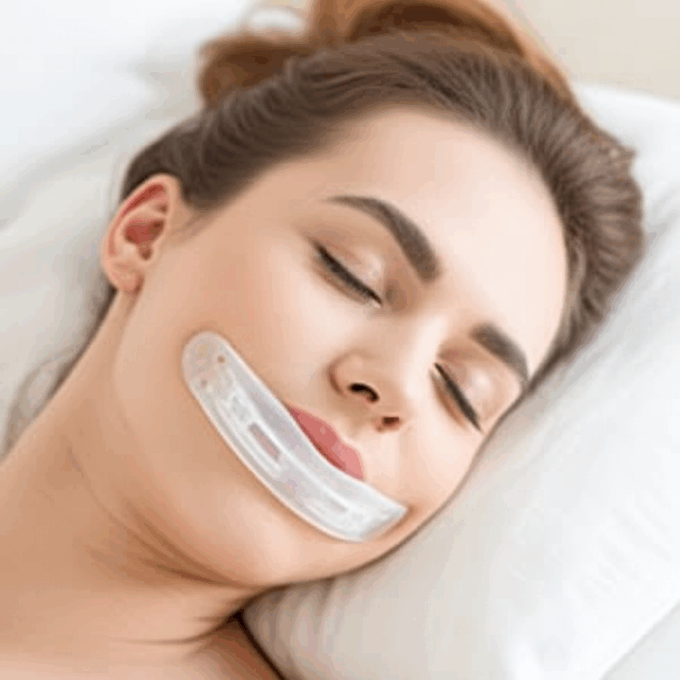Bruxism Relief: Stop Grinding Teeth Tonight

Grinding teeth, a condition commonly known as bruxism, can manifest itself in various ways, from a subtle clenching of the jaw during stressful moments to a persistent, audible grating of teeth during sleep. This involuntary habit, often unconscious, can lead to a cascade of uncomfortable and even damaging symptoms. From persistent headaches and jaw pain to worn-down enamel and even tooth fractures, the consequences of untreated bruxism can be significant. The good news is that effective bruxism relief is not only possible but can often be achieved relatively quickly, allowing you to find relief and stop grinding teeth tonight.
Understanding the root causes of bruxism is the first step towards effective management. While the exact mechanisms aren’t always fully understood, several factors are commonly implicated. Stress and anxiety are perhaps the most well-known triggers. When we’re feeling overwhelmed, our bodies can react by tensing various muscles, including those in the jaw. This hypervigilance can translate into unconscious grinding or clenching, particularly at night when conscious control is absent. Lifestyle factors also play a role. Excessive consumption of caffeine or alcohol, especially close to bedtime, can disrupt sleep patterns and potentially exacerbate grinding tendencies. Certain medications, particularly some antidepressants, have also been linked to bruxism as a side effect.
Beyond stress, other contributing factors can include sleep disorders like sleep apnea, where breathing is interrupted during sleep, leading to arousal and jaw clenching as the body tries to re-establish airflow. Misaligned teeth or bite issues can also contribute; the jaw may unconsciously try to find a more comfortable resting position by grinding. Genetics can also play a part, as some individuals appear to be more predisposed to developing bruxism. Identifying which of these factors, or combination of factors, might be contributing to your specific case of bruxism is crucial for tailoring the most effective treatment plan.
Understanding and Diagnosing Bruxism
Diagnosing bruxism typically involves a thorough examination by a dentist. They will look for physical signs such as worn-down enamel, chipped teeth, enlarged jaw muscles, and tenderness in the jaw joint. They may also ask about your symptoms, including headaches, jaw pain, earaches (which can sometimes be referred pain from the jaw), and disturbed sleep. If sleep apnea is suspected, a referral to a sleep specialist for a sleep study might be recommended. Understanding the severity and underlying cause will guide the treatment options.
Effective Strategies for Bruxism Relief
The approach to bruxism relief is often multifaceted, addressing both the symptoms and the underlying causes. For many, the most immediate and effective solution is the use of a custom-fitted mouthguard. These devices, often referred to as occlusal splints or night guards, are worn during sleep. They act as a barrier between the upper and lower teeth, preventing direct contact and thus protecting the enamel from damage. While over-the-counter options exist, a custom-fitted guard from your dentist is generally recommended for optimal comfort and effectiveness. It ensures a precise fit, minimizing disruption to your sleep and effectively stopping the grinding.
For those whose bruxism is primarily stress-induced, stress management techniques become paramount. Integrating mindfulness, meditation, deep breathing exercises, and regular physical activity into your daily routine can significantly reduce overall stress levels. Cognitive Behavioral Therapy (CBT) can also be highly beneficial in identifying and modifying thought patterns that contribute to anxiety and tension. Creating a relaxing bedtime routine, free from screens and stimulating activities, can also help prepare your mind and body for restful sleep, thereby diminishing the likelihood of grinding.
If caffeine or alcohol intake is a contributing factor, consciously reducing or eliminating these, especially in the hours leading up to bedtime, can make a noticeable difference. Staying hydrated and maintaining a balanced diet also supports overall health and can indirectly contribute to better sleep and reduced muscle tension.
In some cases, particularly when bruxism is linked to underlying sleep disorders or significant muscle tension, your healthcare provider might recommend therapies such as physical therapy. Jaw exercises can help to release tension in the muscles, improve range of motion, and alleviate pain associated with chronic clenching. In more severe situations, and when other treatments haven’t yielded sufficient relief, a dentist might consider dental interventions to correct bite problems or restore worn teeth. Botulinum toxin injections (Botox) may also be an option for severe cases, as they can temporarily weaken the jaw muscles responsible for grinding.
Long-Term Management and Preventing Recurrence
Stopping grinding teeth tonight is an achievable goal, but long-term management is key to preventing recurrence and maintaining oral health. Regular dental check-ups are essential to monitor the condition of your teeth and jaw, and to ensure your mouthguard remains in good condition. Continuing with stress-management techniques and maintaining a healthy lifestyle will contribute to sustained relief.


